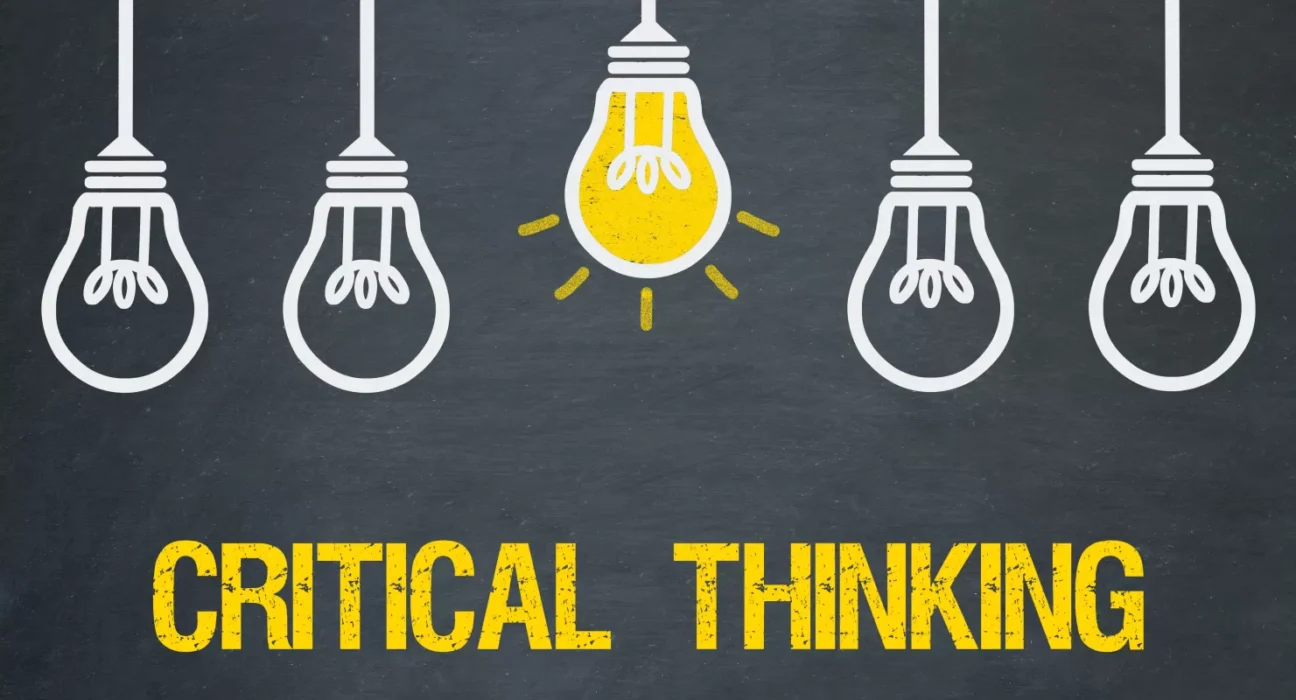Our brains are wired for stories, not statistics. For connection, not correction. The algorithms depend on this and use it against us.
Last month, a woman lay in a hospital bed with failing organs — all likely from uncontrolled diabetes. She’d managed her disease with Facebook advice instead of medicine. It nearly cost her everything.
We’re drowning in lies, and we’re choosing to drown. Every day, Americans get bombarded with 50 notifications, turning our phones from tools into dealers. Each buzz gives us a tiny high, training us like Pavlov’s dogs to see, scroll and swallow whatever appears on screen. No questions asked.
My best friend wants to buy magic belly-fat coffee she discovered on TikTok. I preach workout tips from random Instagram bros, even as a medical student who “knows” better. We trust strangers with abs or tiny blue checkmarks more than actual experts. Why? Because thinking is hard, and scrolling is easy.
Up to 87% of health posts on social media are lies
The cost is real. Studies show that up to 87% of health posts on social media are lies. Not mistakes — lies. Even worse, minority communities and people without college degrees are targeted the most. The same apps that could help everyone learn about health are making us sicker.
But this goes beyond bad medical advice. We’re swallowing misinformation about everything — politics, science, history. Complex issues shrink to catchy slogans. Research gets replaced by “I saw it on Instagram.” Truth gets buried under whatever makes us angry enough to share.
And AI, while amazing in many rights, is making it worse. Fake videos, fake articles, fake experts — all designed to fool us. Your feed isn’t just wrong anymore. It’s lying on purpose.
We can’t believe everything we see online
I get it. You’re exhausted. With two jobs, kids screaming and bills piling up, who has time to fact-check? The system is built to catch us when we’re tired, angry, anxious and vulnerable. In fact, that’s the point.
Unfortunately, we built this mess. We can also fix it. Not just with better apps or new rules, but by changing what we do. Right now.
So here’s what I’m trying myself: before sharing health news, I text my smartest friend — a 10-second check that could save lives. When something sounds too good or bad to be true, I play detective. Who wrote this? Why? What does the article actually say?
Most importantly: “I don’t know” is a superpower. We’ve been trained to have instant opinions about everything. But uncertainty means you’re thinking. That’s not weakness — that’s wisdom.
We’re not stupid. We’re exhausted. The internet turned information into entertainment, and we’re all hooked. Our brains are wired for stories, not statistics. For connection, not correction. The algorithms depend on this and use it against us.
That woman in the hospital? She wasn’t foolish — she was failed. Failed by systems designed to profit from confusion. Failed by platforms that spread lies faster than truth. Maybe failed by medical students like me who forgot to ask what she was reading online.
Learn to question what you see, and think before you share
The next notification that promises miracle cures or secret knowledge? Someone paid for you to see that. Someone’s counting on you being too tired to question it. Don’t fall prey to these tactics without first questioning whether their claim makes sense.
Every time we pause before sharing, we protect someone. Maybe your diabetic neighbor. Maybe your anxious teenager. Maybe yourself.
We can scroll smarter without scrolling less. We can stay connected without staying fooled. One careful click at a time.
Question what you see. Demand proof. And choose confusion over false certainty.
Let’s make America think again.

Sameer Sundrani is a medical student in Tennessee, with a background in computer science and artificial intelligence. This article originally appeared in the Tennessean.
























Leave feedback about this